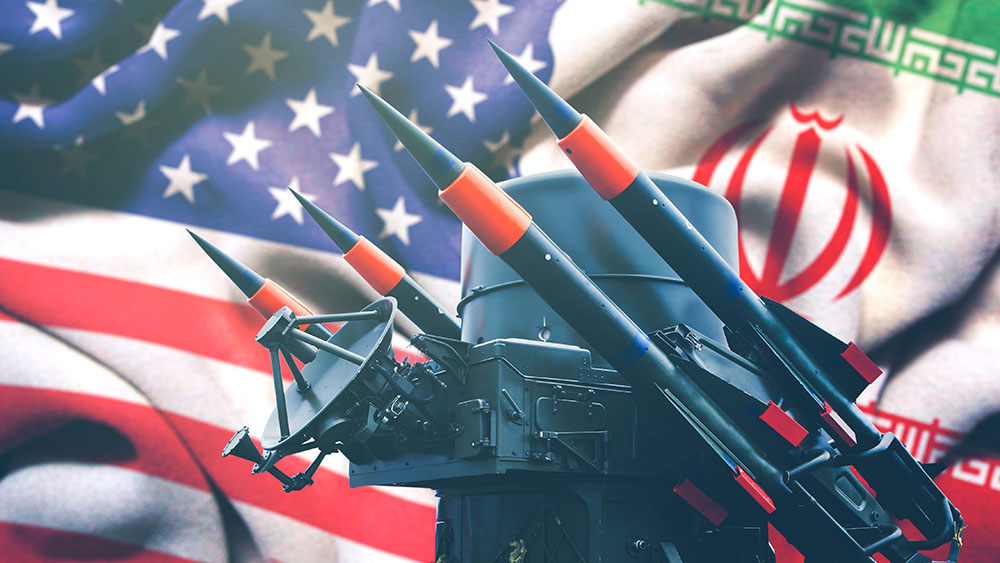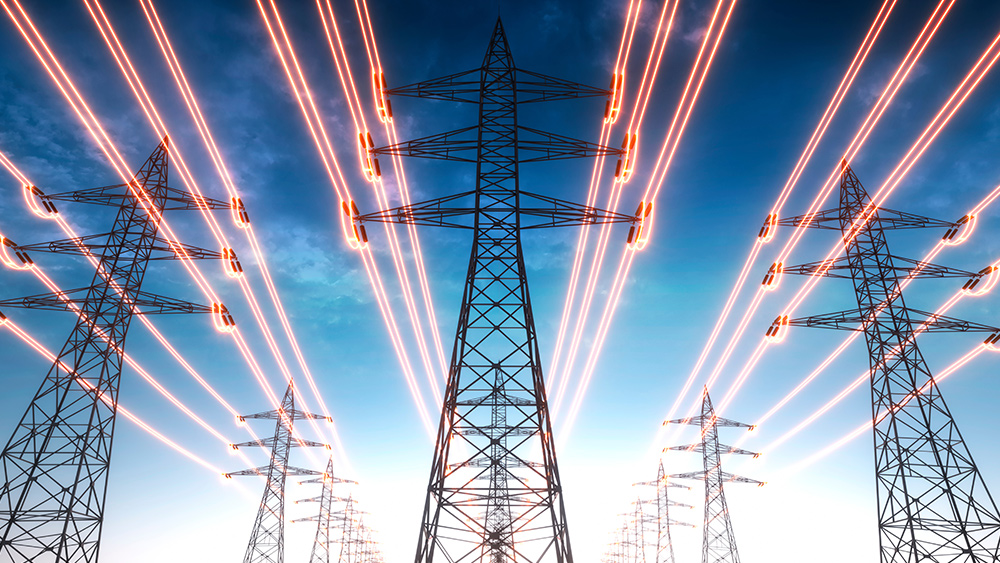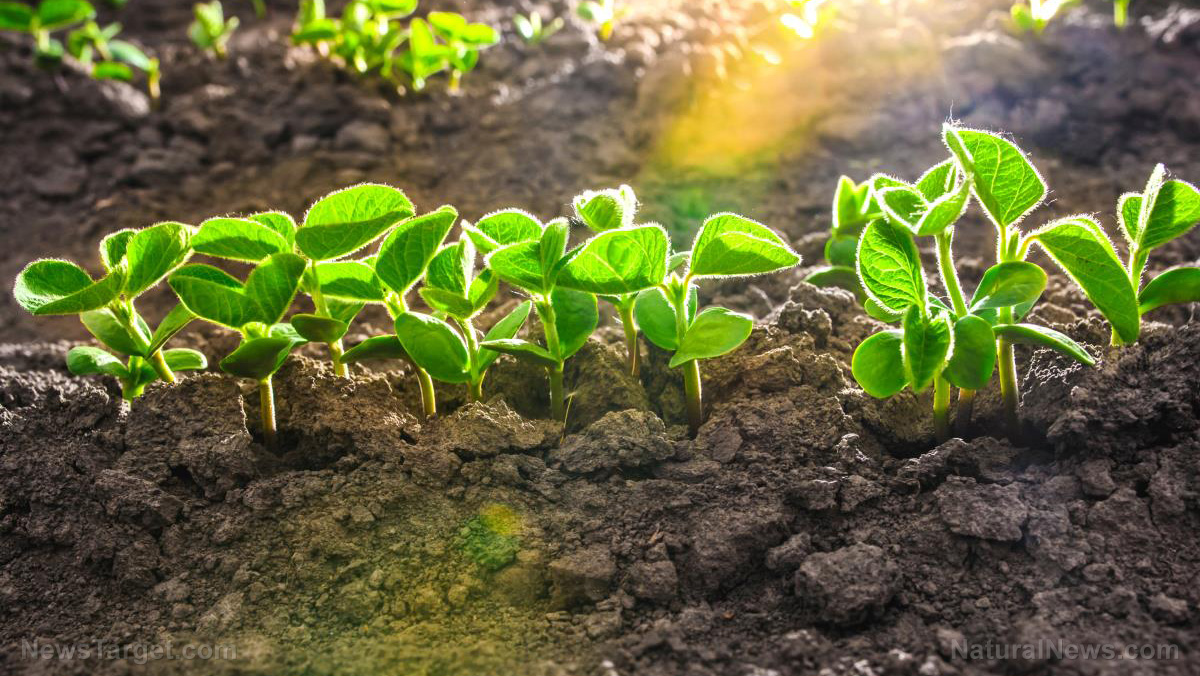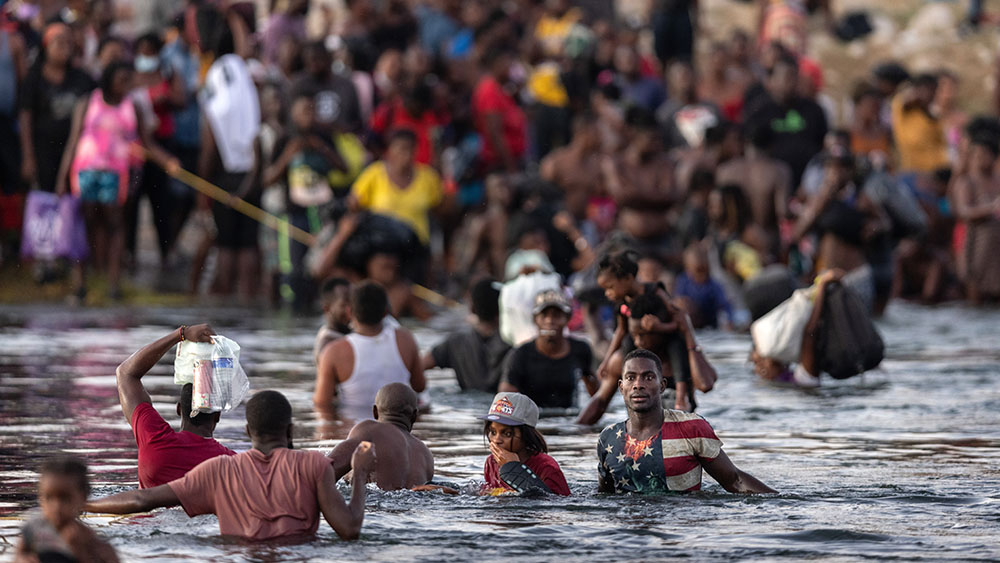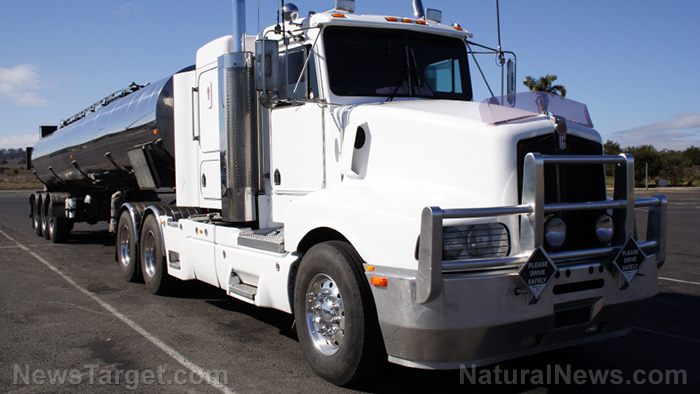Got clean water, cash, fuel, guns and ammo? Here are the 20 TOP NECESSITIES that are hard to find during natural disasters
By sdwells // 2025-05-04
Tweet
Share
Copy

- Electricity loss halts fuel pumps, water treatment, communications, banking and transportation, leading to shortages and chaos. Gas stations, mobile networks, and digital payments become unusable.
- Food spoils without refrigeration, emergency services collapse and essential supplies like fuel, batteries and firearms become scarce. Short-term solutions (e.g., propane grills) are inefficient.
- Gardening, livestock, food preservation and off-grid power (e.g., solar) are vital. Hygiene, durable clothing and repair skills also grow critical in prolonged outages.
- The Iberian outage exposed societal fragility; extended disruptions would escalate breakdowns. Preparedness – stockpiling essentials and mastering low-tech alternatives – is key.
- Fuel, cash, water, medicine, food, batteries and communication tools (e.g., radios) top the list. Self-reliance (seeds, chickens, canning) and community cooperation replace modern conveniences.
Here are the 20 TOP NECESSITIES that are hard to find during natural disasters
- Fuel & EV Charging Stations – Gas pumps and EV chargers fail without electricity, halting transportation.
- Cellular Communications – Mobile networks crash due to power loss; landlines are more reliable.
- Money & Wealth Access – Digital payments fail; cash, barter, and precious metals become essential.
- Potable Water – Water treatment plants shut down; stored or treated water is critical.
- Alarm Systems – Most security systems fail without power; armed response may be necessary.
- Natural Gas Supply – Gas lines lose pressure without electricity, cutting off heating and cooking fuel.
- Propane & Cooking Fuel – Propane grills waste fuel; efficient stoves and preservation methods are better.
- Firewood & Tools – People resort to burning wood; stockpile tools for cutting and hauling.
- Firearms & Ammunition – Demand surges as fear grows; supplies deplete quickly.
- Prescription Medications – Healthcare collapses without power, water, or transportation.
- Food Shortages – Those reliant on takeout have little stored; stock shelf-stable foods first.
- Batteries – Essential for lighting, radios, and powering small devices.
- Two-Way Radios – Critical for communication when cell networks fail.
- Heirloom Seeds & Gardening Supplies – Self-sufficiency is key for long-term food security.
- Chickens & Poultry Supplies – Provide eggs, meat, and fertilizer; valuable for bartering.
- Canning & Food Preservation – Necessary to store food without refrigeration.
- Hygiene Supplies – Soap and dental care are vital; toilet paper is less critical.
- Footwear & Repair Gear – Durable, repairable boots are essential for mobility.
- Clothing & Sewing Supplies – Quality clothing and repair materials are needed for long-term use.
- Solar Power & Rechargeable Batteries – Off-grid energy solutions ensure power for small devices.
Tweet
Share
Copy
Tagged Under:
earthquake collapse power grid blackout preparedness disaster survival nuclear war EMP attack SHTF panic chaos tornado hurricane grid collapse prepare
You Might Also Like
Gaza-bound aid ship catches fire after alleged drone attack
By Laura Harris // Share
U.S. imposes stiff sanctions on Iran oil buyers as nuclear talks linger amid heightened tensions
By Belle Carter // Share
Factory closures, mass layoffs hit China’s manufacturing sector amid U.S. trade war
By Ramon Tomey // Share
Recent News
"Wartime Homefront Essential Skills" on BrightU: How AI could spark a global food crisis
By jacobthomas // Share
Gaza-bound aid ship catches fire after alleged drone attack
By lauraharris // Share
Trump taps Mike Waltz as next U.S. ambassador to the United Nations
By lauraharris // Share
Trump's English-language rule for truckers sparks exodus of foreign-born drivers
By lauraharris // Share

